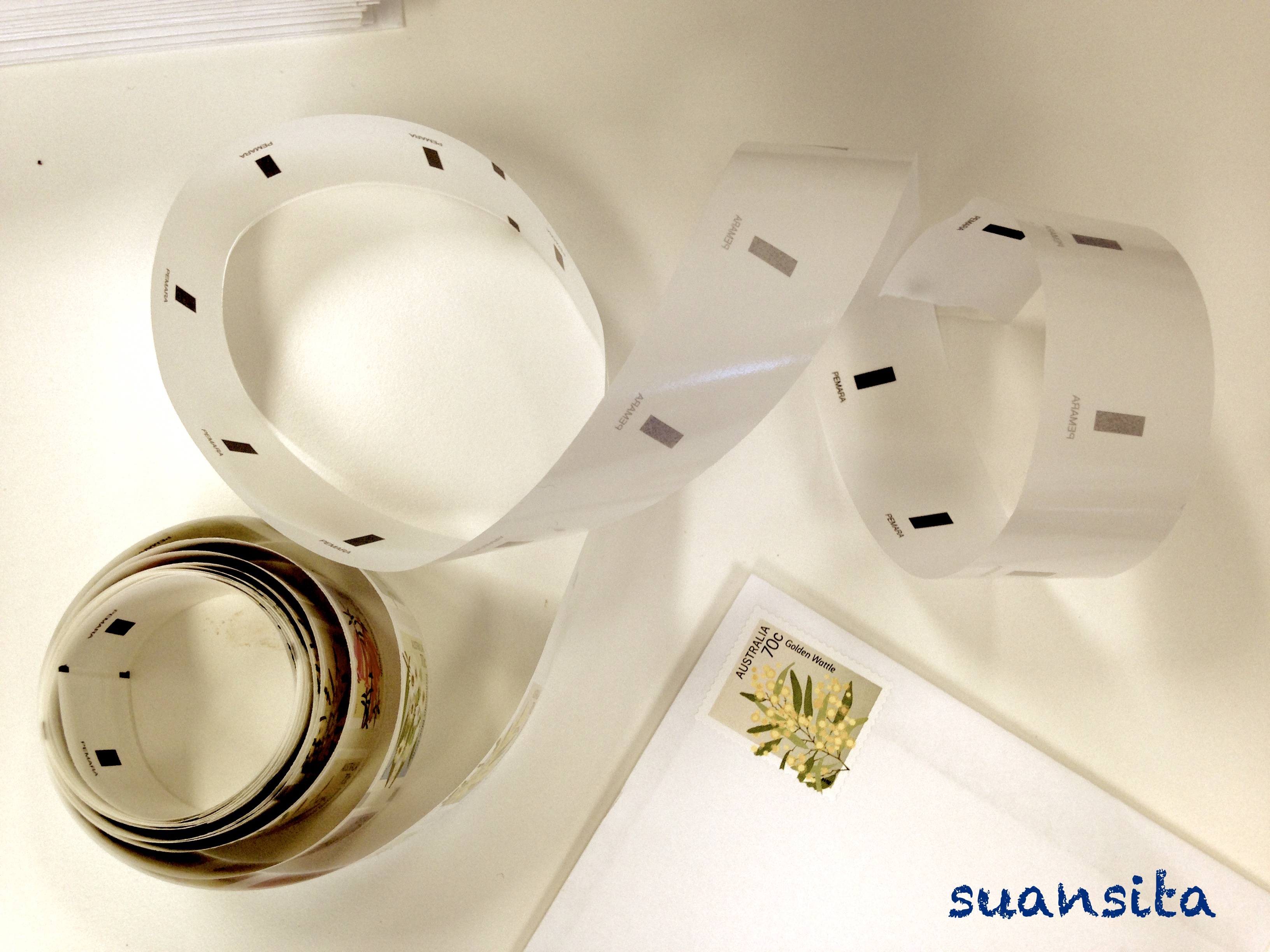I spent all of Friday afternoon handwriting Christmas cards to people I don’t know. A regular day at work now involves, at some point, printing and folding receipt letters, stamping and manually addressing envelopes.
To be honest, so much of what we do at my new job seems primitive. It’s not something we’re unaware of; we’ve spoken about the website and the way we process donations. Some of that can and will be addressed; other aspects of our work – like snail mailing newsletters – won’t change in the foreseeable future.

The reason? Our donors are old school. I mean they’re old, generally retired Catholics, 60+. Forget email – they like getting pieces of paper in the post from us.
So … about them old people
The other day one of my younger colleagues said: “You need to really love old people to work here.”
I had an “uh-oh” moment. Never really been my thing, y’know.
I’ve always admired those with a passion for helping old people – it’s a difficult and unglamorous field to be in (unlike international aid and development, which is super sexy :P). And now that’s kinda where I am.
During the week, we had an old guy drop in not once but twice just to clarify a couple of details about a donation – stuff we could easily have resolved over the phone.
“No, no, I’ll come in – I’m in the area,” he told us.
He’s a lovely man with some fascinating stories. Such as his second wife being the bride he gave away at the wedding where he met his first wife. Such as making headlines when he controversially ran through the streets of Melbourne with a fake Olympic torch at the 1956 Games.
He’s made some significant donations towards our work in Timor-Leste, and asked for some personalised correspondence in return – he’s one of several supporters who have special requests.
I’m not sure how much doing this for him has cost us in terms of the time I spent making what he wanted happen – not to mention the time we spent sitting down and chatting with him.
Indeed, how much should we be spending on our relationship with donors?
Donor care vs. lower overheads
On the one hand, everyone agrees that NGOs need to reduce their overheads and spend less on admin in order to send more money to developing countries. We want to give to organisations that get more dollars to projects.
On the other hand, fundraising for me has never only been about collecting dollars for good causes. If that was all it was, I couldn’t do it – I actually hate asking people for money.
People like the gentleman who came to our office value the personal touch that our organisation brings to the donor experience. This, for me, is crucial to the activity of fundraising. I love engaging people in the work happening overseas. That’s one of the reasons I went to Ecuador. That’s why I asked others to support me in Bolivia.
This is where communications and fundraising intersect: it’s all about connecting people here with people there, so that they’re not just blindly throwing away their spare change to a good cause, but instead intentionally giving their resources, actively investing in real people in developing countries.
There is value in spending time and money on the other side of development – on the donors as well as the direct beneficiaries of aid dollars. I don’t think there’s an answer to exactly how much should be spent on donors, though.
So, yes – old people probably push up our admin costs. If you want to get more return on your investment, then automate all your operations and program your platform to personalise your correspondence by inserting each supporter’s first name from your database. Do everything electronically. Ignore the “grey market” – they don’t have much longer anyway, so they’re not sustainable, long-term donors, right?
The elderly are often forgotten in our society. This last week I’ve come to appreciate the beauty in serving seniors and giving them the joy of giving to and serving those in need overseas.

*
Note: I want to be clear that the views expressed here are my own and not reflective of my employer’s position on the issue of the administration of money raised for overseas aid and development – we’re an ACFID member, so we honour the Code of Conduct. This is just me thinking out loud about the issue, to hopefully generate some debate in your mind.



5 comments
Haha! Funny you mention this! We just received a handwritten card from IJM yesterday and I was thinking geez… who’s job is it to handwrite these Christmas cards! I want to tell them to not worry about it for us! Though, the Christmas card was handmade by one of the rescued people and was pretty cool.
Haha I dropped by the IJM Australia office last week and I think I may have met the person who wrote to you ? they must have done studies that show handwriting the card is worth doing and makes a difference …
Haha it was signed Jeff? It was quite nice to have a handwritten card haha. Maybe I’m an old person after all =p
It makes a difference, right? Jeff is the CEO … not sure if an underling would have signed it 😛
So we were talking about the IJM Christmas cards of 2015, and it turns out that everyone in the office sat down and wrote a bunch of cards. That was a decision to drop everything else and show some love to our supporters. They didn’t quite get to every last person, but I’m glad they got to you and Pete 🙂